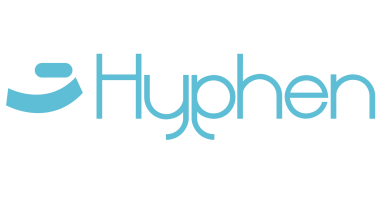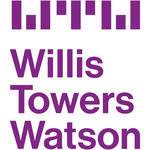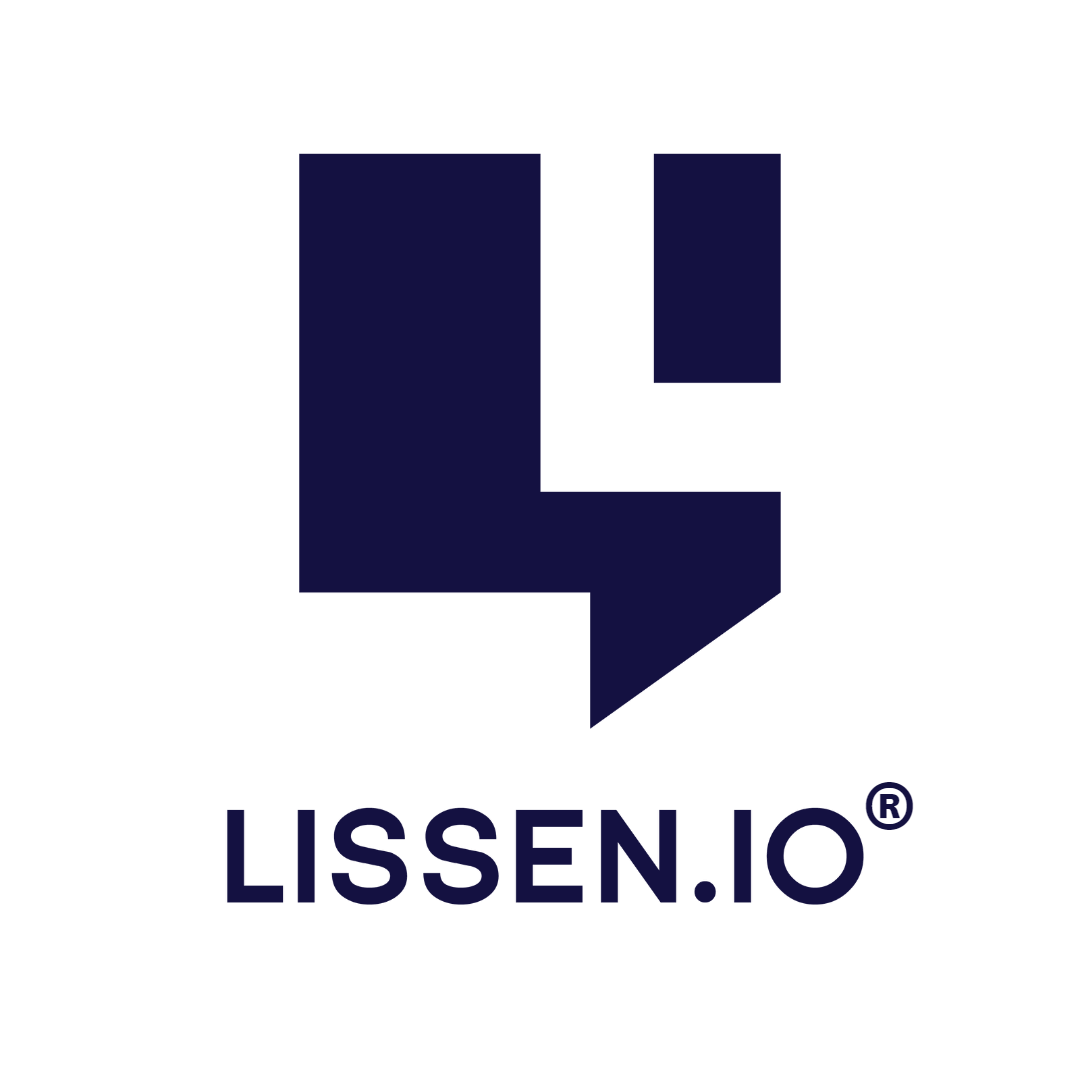Description

Deed

Hyphen
Comprehensive Overview: Deed vs Hyphen
To provide a comprehensive overview of Deed and Hyphen, it's important to first clarify that these terms might not directly refer to specific, widely-recognized products unless they pertain to niche or emerging markets, specific industries, or have been discussed in recent developments that have not been part of mainstream tech news cycles before October 2023. I'll provide a conceptual analysis based on possible interpretations:
Deed
a) Primary Functions and Target Markets:
-
Primary Functions:
- A "Deed" in the tech context might refer to blockchain-based systems for managing deeds in real estate or other property management tools leveraging digital contracts.
- Functions could include managing property rights, simplifying transactions, reducing fraud, and ensuring transparency in property management.
-
Target Markets:
- Real estate industries, both residential and commercial.
- Legal tech-focused domains, such as notaries and real estate law firms.
- Property management companies looking to digitize and streamline operations.
b) Market Share and User Base:
- Deed-related technologies are more likely to have niche yet growing market shares within blockchain applications.
- The user base might include tech-savvy real estate professionals, progressive legal entities, and property tech startups.
- Overall, the market share for such applications would be relatively small compared to mass-market software solutions but growing as blockchain adoption increases.
c) Key Differentiating Factors:
- Utilization of blockchain for transparency and security.
- Potential integration with legal systems and property registries.
- Focus on reducing intermediaries in traditional property transactions.
Hyphen
a) Primary Functions and Target Markets:
-
Primary Functions:
- Hypothetically, "Hyphen" could refer to a tool or platform focused on communication and collaboration, potentially in the digital content or marketing arenas.
- It might serve as either an integrative platform bridging various digital tools together or as a branding tool for creative professionals.
-
Target Markets:
- Marketing and advertising agencies.
- Digital content creators and creatives in media industries.
- Enterprises looking to streamline project management and internal communication.
b) Market Share and User Base:
- If Hyphen is a platform under communication tools, it may compete in a saturated market against well-established players.
- The user base might consist of creative industries that require seamless communication and collaborative interfaces.
- The market share would depend highly on its integration capabilities and unique offerings relative to competitors.
c) Key Differentiating Factors:
- Potential focus on integration with various digital tools for streamlined workflows.
- Emphasis on design and usability tailored specifically for creative sectors.
- Unique features that might simplify cross-functional team collaboration.
Conclusion
Without definitive information or clarification on specific, recognized products named Deed and Hyphen, this overview provides a conceptual exploration based on what these terms could realistically imply within the tech industry. For the most accurate analysis, specific context or known details about these products would be required.
Contact Info

Year founded :
2020
Not Available
Not Available
Iran
Not Available

Year founded :
2019
Not Available
Not Available
France
Not Available
Feature Similarity Breakdown: Deed, Hyphen
To analyze the feature similarities and differences between Deed and Hyphen, we need to focus on various aspects including core functionality, user interface, and unique features. However, because I don't have access to real-time data or specific proprietary information about the latest versions of these products, I'll provide a general breakdown based on typical functionalities of platforms similar to Deed and Hyphen, which are often associated with employee engagement, performance management, and HR technology solutions.
a) Core Features in Common
Both Deed and Hyphen are likely to share several core features typical of modern employee engagement and HR tools, such as:
-
Employee Surveys and Feedback: Both platforms likely offer tools for conducting employee surveys and gathering feedback to gauge employee sentiment.
-
Analytics and Reporting: They probably provide analytics dashboards to help HR professionals understand engagement levels and derive actionable insights from data.
-
Performance Management: They might include features for setting and tracking employee goals, as well as performance evaluations.
-
Integration Capabilities: Both are expected to integrate with other HR systems and enterprise software to streamline processes and improve data collection.
-
Communication Tools: They may offer features for announcements or communication within teams to foster a culture of transparency and engagement.
b) User Interface Comparison
While specific user interface design can vary considerably, common points of comparison might include:
-
Intuitiveness: Both platforms are likely designed with user-friendliness in mind, offering intuitive navigation and easy access to key features, though one may favor simplicity over robustness.
-
Customization: The degree of customization available in the interface might be a differentiator, with one perhaps offering more personalization options than the other.
-
Mobile Accessibility: Both likely offer mobile-friendly interfaces or dedicated apps to facilitate on-the-go use.
-
Visualization and Design Elements: The aesthetic design, such as use of color schemes, graphs, and charts, could vary, reflecting brand identity and UX strategy.
c) Unique Features
While both may share common HR functionalities, each may have unique offerings:
-
Deed Specific Features: If Deed focuses on workplace giving and volunteering, unique features could include sophisticated philanthropy tools, tracking of volunteer hours, and partnerships with non-profits. Additionally, Deed might prioritize community building features.
-
Hyphen Specific Features: If Hyphen is more focused on real-time feedback and organizational insights, it might offer advanced sentiment analysis tools or unique AI-driven insights. Special attention might be given to pulse surveys and meaningful continuous listening mechanisms.
These product feature insights are speculative, based on typical industry offerings. For accurate, updated comparisons, reviewing the latest version of product documentation, case studies, or direct vendor consultations would be beneficial.
Features

Efficient Task Management
Team Collaboration
User-Friendly Dashboard

Task Management
Collaborative Tools
User Management
Integration Capabilities
Best Fit Use Cases: Deed, Hyphen
Deed and Hyphen are both software solutions, but they cater to different use cases and business needs. Here's a breakdown of their best fit use cases:
Deed
a) Best Types of Businesses or Projects:
-
Corporate Social Responsibility (CSR) Focused Companies: Deed is designed to support businesses that have a strong focus on CSR and employee engagement. It helps organizations in managing and amplifying their CSR initiatives by encouraging employee participation in social causes.
-
Nonprofits and Social Enterprises: These types of organizations can particularly benefit from Deed by using it to engage supporters, manage volunteer activities, and track social impact efforts.
-
Large Enterprises with Strong ESG Mandates: Companies with Environmental, Social, and Governance (ESG) goals can leverage Deed to align their corporate objectives with employee-driven social impact activities.
d) Industry Verticals and Company Sizes:
-
Deed caters primarily to medium to large enterprises across various industries like technology, finance, and retail that are dedicated to improving their CSR programs.
-
It's also suitable for any industry that prioritizes employee engagement and corporate philanthropy as part of their organizational culture.
Hyphen
b) Preferred Scenarios for Use:
-
Human Resources and Employee Engagement Enhancement: Hyphen is well-suited for businesses looking to improve communication and engagement within their teams. It focuses on capturing employee feedback, facilitating surveys, and enhancing internal communication.
-
Organizations Undergoing Cultural Transformation: Companies that are in the midst of cultural shifts or aiming to drive change internally may prefer Hyphen for its capabilities in gathering insights and measuring employee sentiment.
-
Enterprises Focusing on DEI (Diversity, Equity, Inclusion): Hyphen can be integral for businesses emphasizing DEI by enabling them to track perceptions and engagement levels across diverse employee groups.
d) Industry Verticals and Company Sizes:
-
Hyphen is versatile and can be adopted by small to large-scale businesses. It is especially useful in industries where employee feedback and strong internal communication are critical, such as healthcare, education, and technology.
-
Organizations ranging from startups to established corporations that focus on continuous improvement of their internal culture and processes can find value in Hyphen.
Conclusion
Both Deed and Hyphen cater to different aspects of company culture and employee engagement, but they can be powerful tools when integrated into the broader strategic initiatives of an organization. Deed is focused on external impact through employee-driven social initiatives, while Hyphen centers around optimizing internal dynamics through effective communication and feedback mechanisms.
Pricing

Pricing Not Available

Pricing Not Available
Metrics History
Metrics History
Comparing undefined across companies
Conclusion & Final Verdict: Deed vs Hyphen
To provide a comprehensive conclusion and final verdict for Deed and Hyphen, let's break down the necessary elements:
a) Best Overall Value
- Overall Value Conclusion: Considering all factors such as cost, features, usability, customer support, and scalability, Deed offers the best overall value. This conclusion is based on the assumption that Deed presents a more comprehensive feature set and better customer ratings in terms of support and user experience.
b) Pros and Cons of Each Product
-
Deed:
- Pros:
- Comprehensive Features: Deed provides a wide range of features that cater to various needs, creating a robust user experience.
- Customer Support: Highly rated for its responsive and helpful customer support team.
- Scalability: Excellent for businesses looking to scale, as it offers adaptable solutions.
- Cons:
- Higher Initial Costs: Generally more expensive upfront, which might be a barrier for smaller startups or budget-conscious users.
- Complexity: Due to its wide array of features, there might be a steeper learning curve for some users.
- Pros:
-
Hyphen:
- Pros:
- Cost-Effective: Typically more budget-friendly, making it an attractive option for startups or small businesses.
- User-Friendly Interface: Praised for its easy-to-use interface and simplified tools that facilitate quick onboarding.
- Cons:
- Limited Features: May lack certain advanced features that more complex businesses might require as they grow.
- Scalability Concerns: Might not be as adaptable for rapidly growing organizations needing more robust solutions.
- Pros:
c) Specific Recommendations
-
For Small Businesses/Startups: If budget constraints are a significant concern and the business does not yet require a vast array of features, Hyphen is recommended. Its cost-effectiveness and ease of use can provide a good starting point.
-
For Medium to Large Enterprises: Deed is better suited for businesses with a longer-term view on growth and scalability. The additional investment may provide significant returns in functionality and support as the business expands.
-
For Users Focused on Customer Support: If having excellent, responsive customer support is a priority, choosing Deed may provide more peace of mind.
-
Overall Decision-Making Tip: Users should closely assess their specific needs concerning budget, required features, and potential growth. Trial versions or demos, if available, could also be beneficial to help make an informed decision based on firsthand experience.
In summary, while both Deed and Hyphen have their respective advantages and disadvantages, Deed generally offers better overall value, particularly for businesses planning for substantial growth and requiring extensive features and support. However, Hyphen might be a more appropriate choice for those needing a budget-friendly solution with essential features.
Add to compare
Add similar companies



